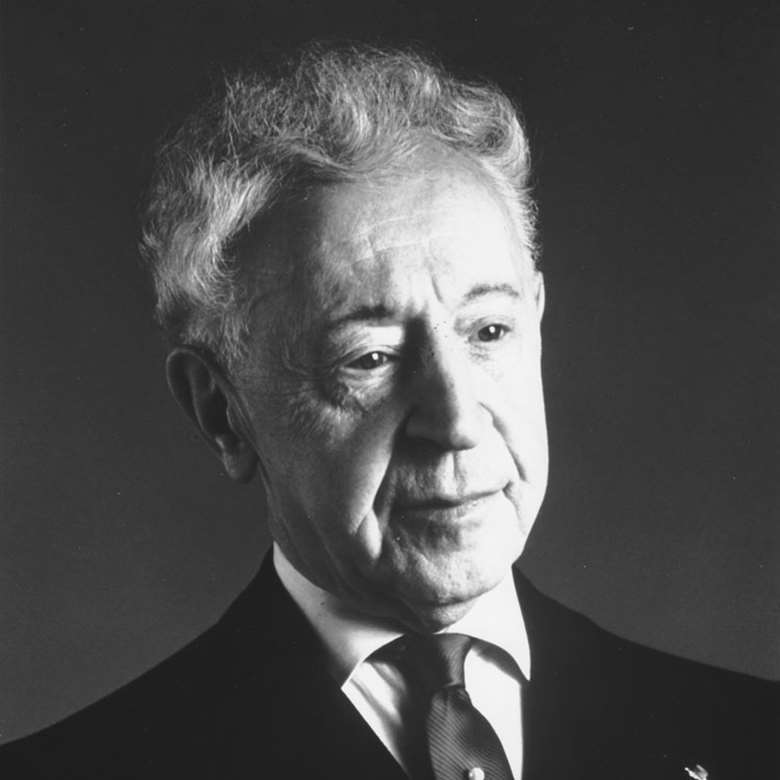Classic interview with Arthur Rubinstein: 'I’ve told my family to shoot me if I go on too long'
Gramophone
Monday, January 23, 2017
The legendary pianist speaks to Alan Blyth (Gramophone, November 1968)

Register now to continue reading
Thanks for exploring the Gramophone website. Sign up for a free account today to enjoy the following benefits:
- Free access to 3 subscriber-only articles per month
- Unlimited access to our news, podcasts and awards pages
- Free weekly email newsletter







